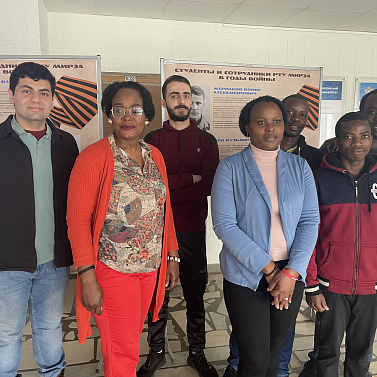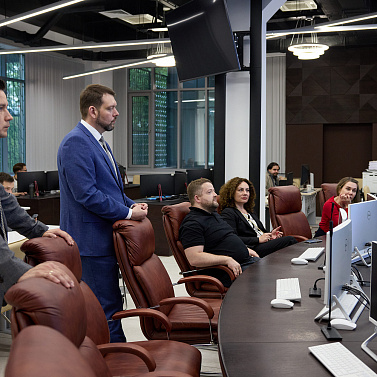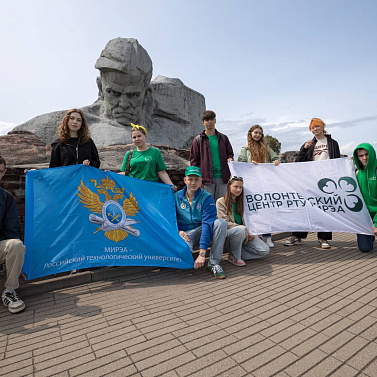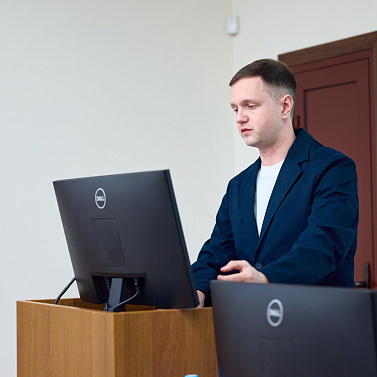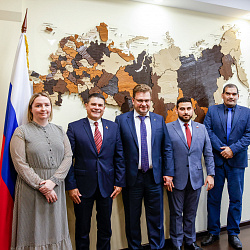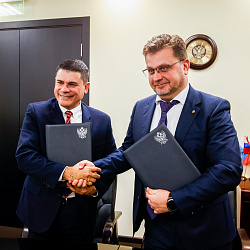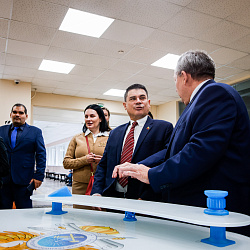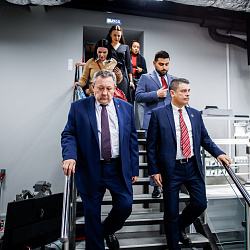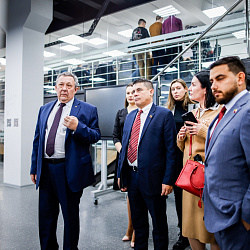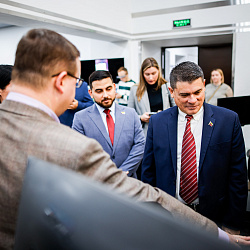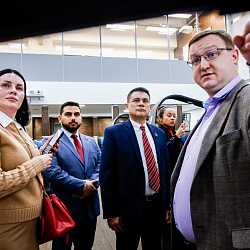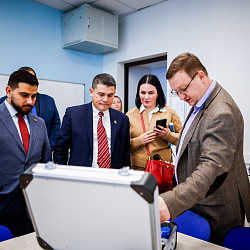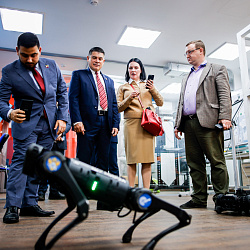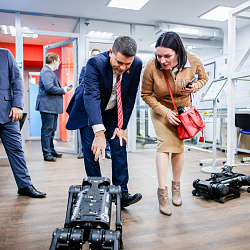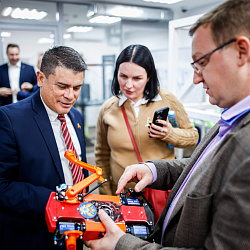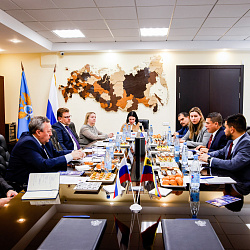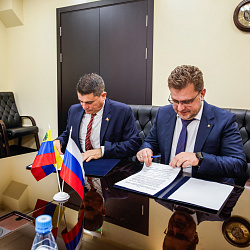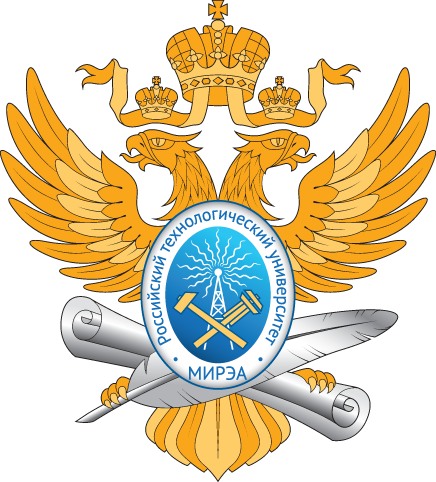The official delegation of the Bolivarian Republic of Venezuela visited RTU MIREA
On October 17, MIREA – Russian Technological University hosted a delegation of the Bolivarian Republic of Venezuela, which included Angel Paredes Wuikelman, Deputy Minister for Educational Communities of the Ministry of Public Education, Julio Cesar Pacheco, President of the National Institute of Socialist Training and Education (INCES), Jorge Adrian Chatria Pérez Jiménez, Attaché for Culture and Education of the Embassy of the Bolivarian Republic of Venezuela in the Russian Federation, executive director of the National Institute of Socialist Training and Education (INCES) and Jessica Coromoto Lugo Leal, his assistant.
On behalf of RTU MIREA, the meeting was attended by Grigory V. Petushkov, Vice-Rector for Youth Policy, Andrey V. Timoshenko, Vice-Rector for Academic Affairs, Dmitry A. Bunkin, Director of the Institute of Youth Policy and International Relations, Olga V. Popova, Deputy Director of the Institute of Youth Policy and International Relations.
Representatives of the Bolivarian Republic of Venezuela visited the megalaboratories of the Institute of Artificial Intelligence, the Institute of Information Technology, the Institute of Radio Electronics and Informatics, and also took a tour of the CosMoCenter Educational and Scientific Center for Space Monitoring.
At the end of the meeting, a memorandum of understanding was signed between RTU MIREA and the National Institute of Socialist Training and Education (INCES).
The document focuses on the need to expand and strengthen existing ties of friendship and exchange of experience between the parties on the principles of equality, self-determination of peoples, mutual respect for sovereignty and mutual benefits, as well as the importance of developing relations through technical and vocational education and training to promote the dissemination of knowledge among peoples.
The Memorandum reflects the commitment of the parties to support and improve education systems through the implementation of various initiatives that promote the development of technical and vocational education (TVET) in Venezuela and Russia, towards achieving the sustainable development goals of the 2030 Agenda.
Key areas for future collaboration include developing and updating educational programs and research into TVET offerings; training, professional development and professional development of teachers; use of technology in educational processes in TVET.
The exchange of expertise in technical and vocational education and training will be carried out in the form of courses, consultations, seminars and internships. Joint congresses and other large-scale international cooperation projects are planned for the purpose.
